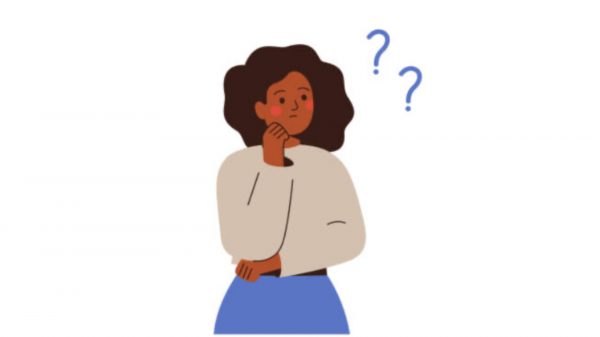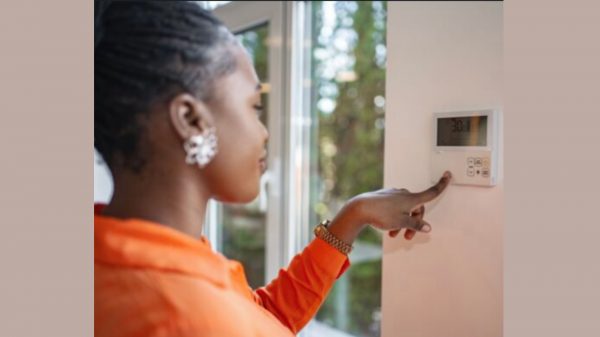The National Center for Biotechnology Information (NCBI) highlights a statistical correlation between education levels and marital stability, revealing that couples with similar education levels exhibit a higher likelihood of marital longevity. Specifically, couples where both partners possess college degrees demonstrate a 78% probability of their marriage lasting at least 20 years. In contrast, this figure drops to 41% for couples where neither partner has a high school diploma. Additionally, the U.S. Census Bureau supports this insight by indicating that couples with similar educational levels are approximately 20% more likely to remain married for more than 30 years compared to their counterparts with influential educational disparities.
In the context of modern relationship arrangements, educational backgrounds can shape expectations and lifestyle choices in various ways. For example, someone who graduated from an Ivy League university and is working a high-end, high-hour job might be more likely to be a sugar daddy, illustrating how educational attainment and career paths can influence personal relationships and social dynamics.
Differences in educational attainment also manifest in communication practices within relationships, where higher educational achievement correlates with more effective communication and conflict resolution skills. The Journal of Marriage and Family emphasizes that such disparities can significantly affect relationship satisfaction, underscoring the importance of educational background in facilitating effective interpersonal interactions. Moreover, individuals with higher educational attainment often possess greater emotional intelligence, enabling them to navigate conflicts and express their needs more articulately, leading to healthier relationship dynamics overall.
Furthermore, educational attainment influences financial management within relationships. Couples with higher education levels tend to report higher incomes, contributing to financial stability and reduced monetary stress. The Pew Research Center corroborates this, noting that households with higher educational attainment express greater satisfaction with their financial situation, thereby fostering a more stable relationship environment. Additionally, higher education can provide individuals with better job opportunities and financial literacy, equipping them with the skills needed to make informed financial decisions, which in turn positively impacts relationship dynamics.
A qualitative study highlights a real-life scenario where a couple experienced tension due to differing educational backgrounds influencing their perspectives on child education and career priorities. Similarly, the University of Chicago found that couples with similar education backgrounds share common social networks, enhancing relationship support systems, longevity, and satisfaction. This mutual understanding stemming from shared educational experiences fosters empathy and mutual respect, facilitating smoother communication and conflict resolution within the relationship. Additionally, shared social networks provide couples with a support system of like-minded individuals who can offer advice and guidance, further strengthening the bond between partners.
Parental education levels also shape children’s educational attainment and partner choices, creating cycles of educational homogamy. The Journal of Family Issues links parental education directly with the likelihood of children marrying college-educated partners. In terms of parenting styles, the Journal of Educational Psychology suggests that higher education levels among parents are associated with the adoption of authoritative parenting styles, yielding positive outcomes in children’s academic performance and social skills.
Health communication within relationships benefits from higher educational attainment, as indicated by a study in Health Communication. Couples with higher education levels engage in superior health-related communication, leading to healthier lifestyle choices and improved relationship health outcomes. Additionally, the American Sociological Review posits that higher education levels correlate with distinct relationship values and expectations, including a greater emphasis on equality and shared decision-making, thereby influencing relationship dynamics.
Leisure activities represent another dimension affected by educational backgrounds. A case study revealed that a couple with disparate educational levels had varying preferences for leisure pursuits, impacting their shared experiences and relationship satisfaction. This disparity underscores the influence of education on lifestyle choices and relationship dynamics. Additionally, educational backgrounds can shape individuals’ interests and hobbies, affecting the compatibility of leisure activities between partners. Couples with similar educational backgrounds may share common interests and leisure preferences, leading to more enjoyable and fulfilling shared experiences, thus enhancing relationship satisfaction and cohesion.
Moreover, the Education Data Initiative’s survey on decision-making in relationships highlights the impact of educational similarity on financial decisions. A substantial percentage of couples with similar education levels reported jointly making major financial decisions, contrasting with couples of different education levels, which points to shared decision-making processes as a factor contributing to higher relationship satisfaction. This shared decision-making dynamic fosters a sense of equality and mutual respect within the relationship, as both partners have an equal voice in financial matters, leading to greater satisfaction and harmony.
Educational homogamy, or the similarity in educational levels between partners, contributes to longer relationship duration and higher satisfaction over time, attributed to shared values, communication styles, and life goals influenced by education. This longitudinal perspective underscores the enduring impact of education on relationship dynamics. Furthermore, shared educational experiences create a foundation of mutual understanding and support, fostering a deeper connection between partners that withstands the test of time. As couples with similar educational backgrounds navigate life’s challenges together, they can draw upon their shared values and experiences to strengthen their bond and sustain a fulfilling and enduring relationship.

































































